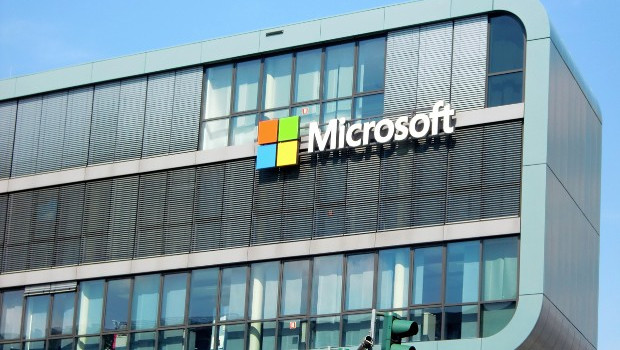- Microsoft Corp.
- 17 September 2025 11:07:59

Source: Sharecast
The plan, unveiled as US president Donald Trump arrived in Britain for a three-day state visit, would see Microsoft spend $15bn on capital projects to expand its UK data centre footprint, including building the country’s largest AI supercomputer in Loughton, Essex, using more than 23,000 Nvidia GPUs in partnership with developer Nscale.
It said the remaining $15bn would support Microsoft’s UK workforce and operations, spanning research, product development, and customer services.
Prime minister Sir Keir Starmer said the investment was “a powerful vote of confidence in UK’s leadership in AI and cutting-edge technology,” adding it would “support thousands of highly skilled jobs” and “ensure Britain remains at the forefront of global innovation as we deliver on our Plan for Change”.
Microsoft president Brad Smith praised the government for reforms that had created “a much more hospitable” investment climate, while chief executive Satya Nadella told the BBC the company hoped AI’s economic impact would be felt “maybe [within] five” years, rather than a decade.
“Whenever anyone gets excited about AI, I want to see it ultimately in the economic growth and the GDP growth,” Nadella said.
The Tech Prosperity Deal also included a £5bn commitment from Google, plans by Nvidia and its partners to deploy 120,000 chips and invest up to £11bn, and a new “AI growth zone” in northeast England expected to generate more than 5,000 jobs and attractbns in private capital.
OpenAI, Nvidia, Arm and Nscale would jointly develop a separate Stargate UK data centre in Northumberland to complement a £10bn government-backed facility near Blyth.
While industry groups and think tanks have called the pact a “breakthrough moment” that could help revitalise Britain’s economy, campaigners have warned about the environmental and financial burden of the vast energy needs of large-scale AI infrastructure.
Nadella acknowledged energy use was “very high” but argued the technology’s potential to boost productivity and deliver advances in healthcare and public services made it worthwhile.
Technology secretary Liz Kendall said the deal contained no concessions on copyright or the UK’s 2% digital services tax, which raises about £800m a year mainly from US tech firms.
The announcement came as Starmer looked to present the UK as a leading AI hub despite recent setbacks in other sectors, and as Trump signalled openness to “refining” the wider UK-US trade agreement.
Tech leaders including Nadella, Nvidia’s Jensen Huang and OpenAI’s Sam Altman are due to attend a state banquet at Windsor Castle with the King on Wednesday.
Reporting by Josh White for Sharecast.com.